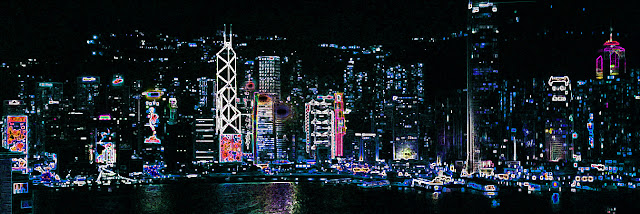We all know about the French Paradox by now and basically, by right the French for what they eat should have the highest heart disease rates despite their fondness of cheeses and dare we mention Foie Gras. At least we now have some idea that it was the trans fat that is the culprit. Then there was a hint that it could be the red wine and when a programme was shown in the US
What about the Hong Kong Paradox?
No, I am not talking about SIDS, yes, it was a bit of a paradox. Nor am I talking about the low infant mortality rate of 1.3 per thousand. That would be seen as a paradox from the point of view of countries like US or UK UK
But unlike red wine, I doubt if anyone is going to take up this paradox.
On a good day in Autumn© 2013 Am Ang Zhang
As China Hong Kong in the autumn and winter months suffer from serious air pollution. Every medical research would confirm your suspicion, it is bad for health. But wait:
Hong Kong’s women and men enjoy the longest life expectancy in the world, according to data released by Japan
The average lifespan for women in Hong Kong is 87.32 years, and local men on average can expect to live to 81.24. Japanese women took second place at 87.05, while Icelandic and Swiss men shared the second position in the men’s category at 81 years.
The overall life expectancy gap between women and men fell by 0.07 year last year, compared with the previous year’s figures.
Polluted air anyone? Good for longevity.
The famous new bridge in Autumn © 2013 Am Ang Zhang
By the way, there is no tax on wine in Hong Kong . Perhaps that is why!!!






